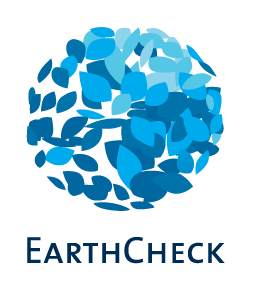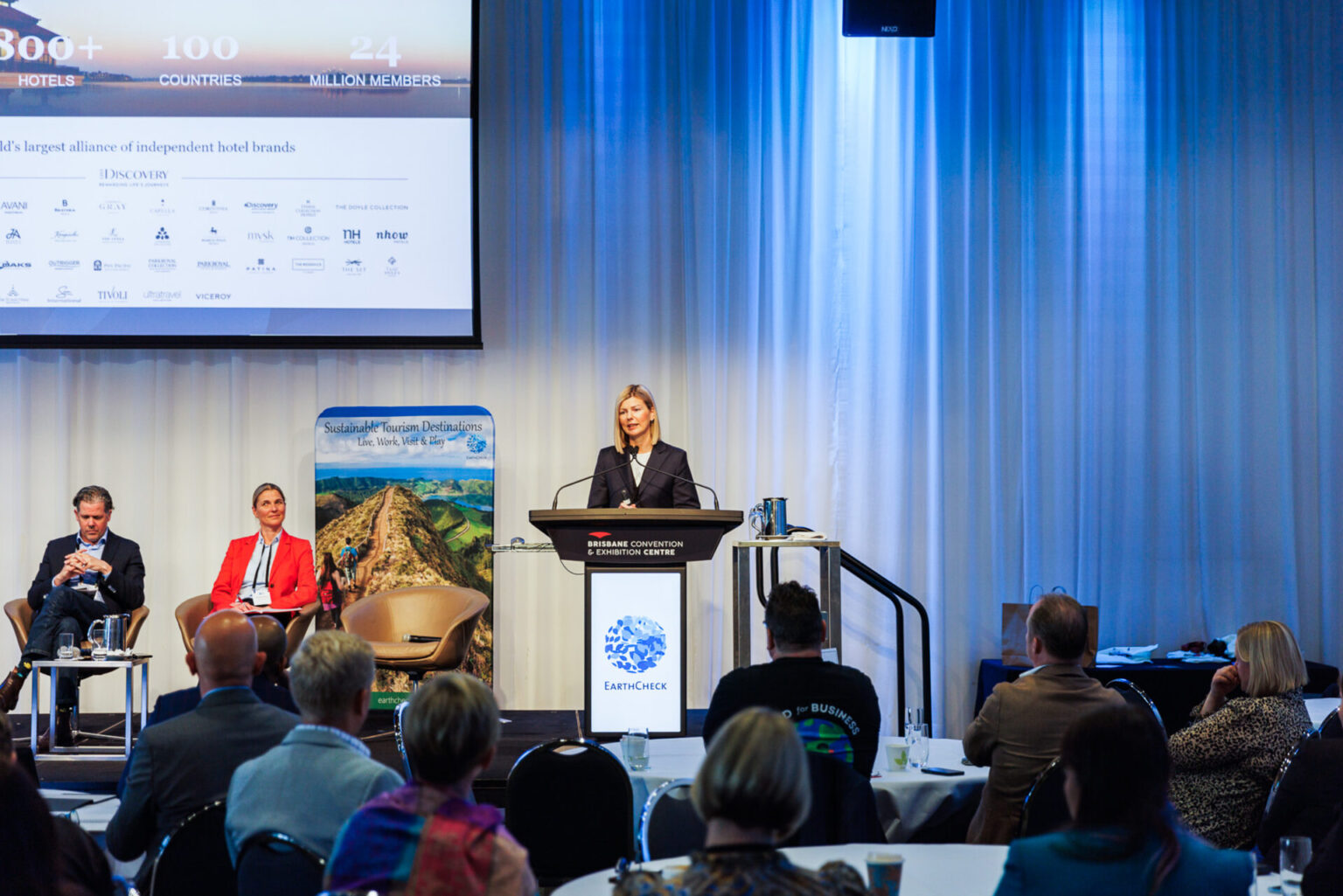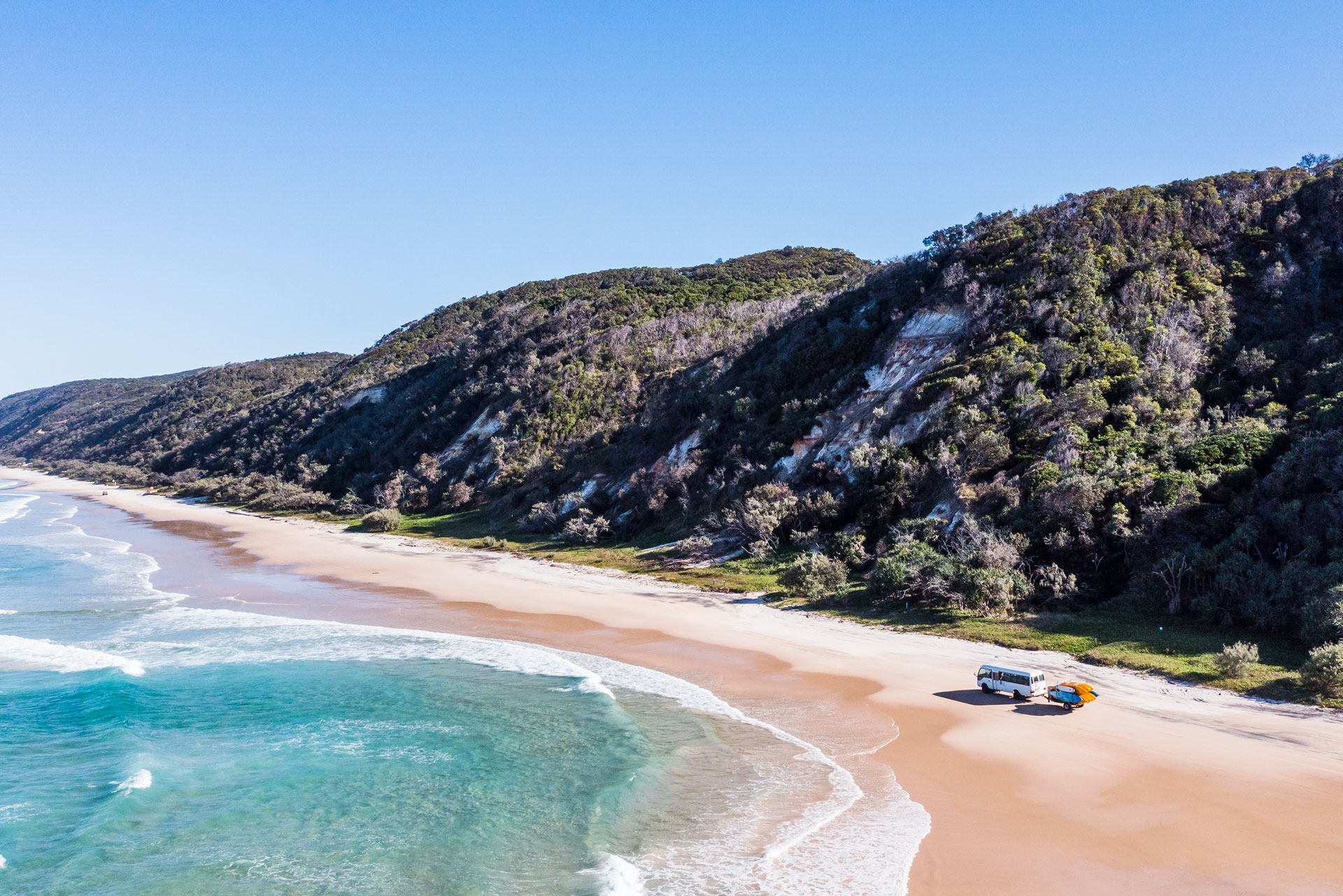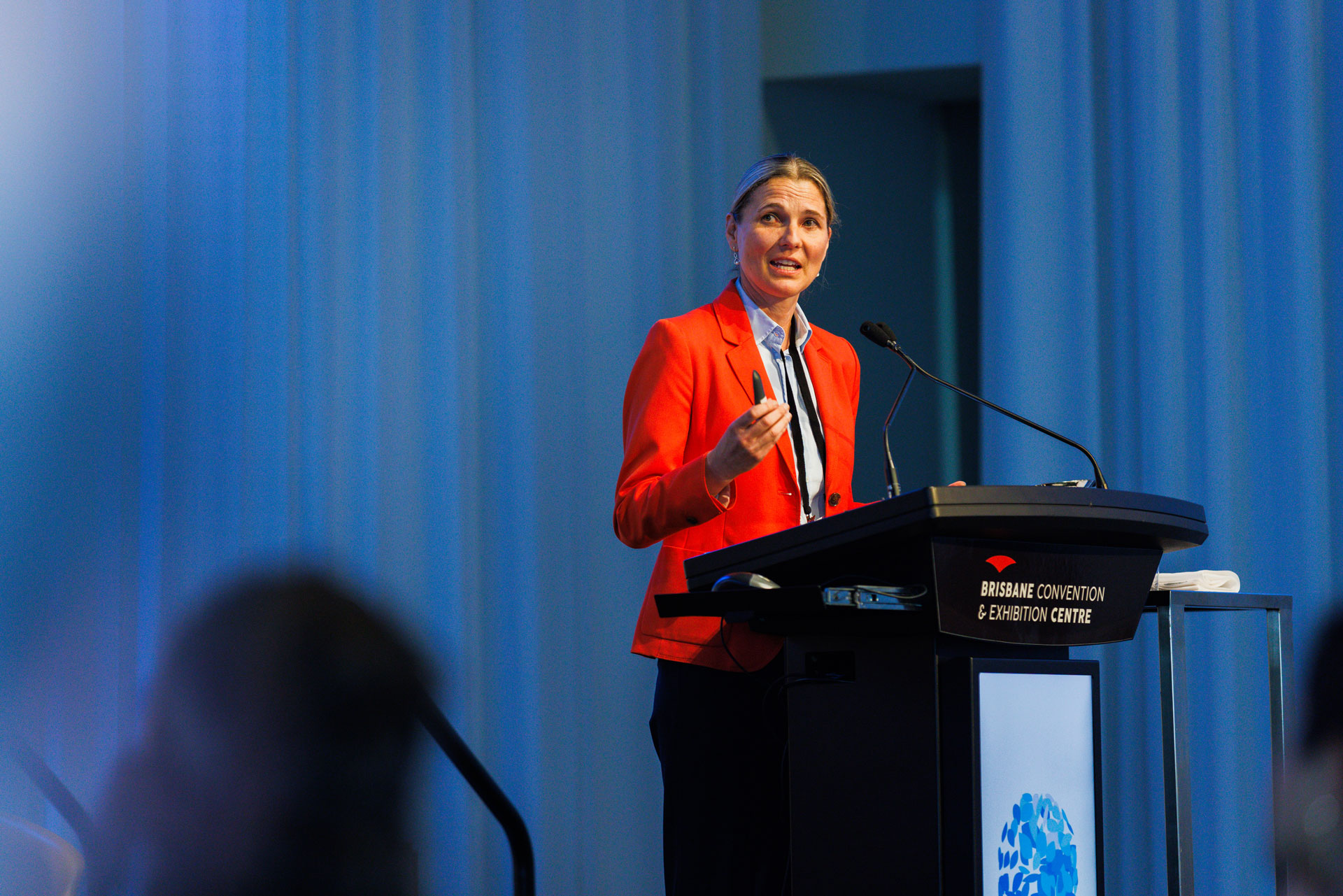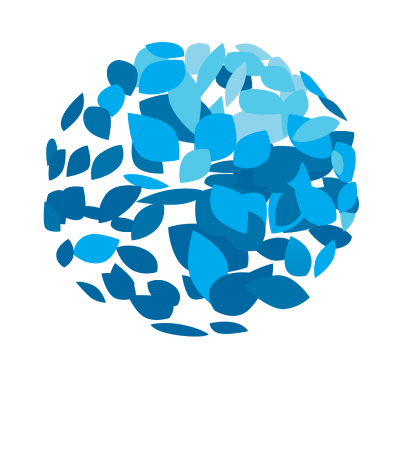Hosted by EarthCheck, the world’s leading certification, consulting and advisory group for sustainable destinations and tourism organisations, the annual Inner Circle event brings together speakers from around the world to address the major sustainability challenges facing the tourism industry and the planet.
This year’s event was held at the Brisbane Convention and Exhibition Centre, an EarthCheck Platinum Certified venue. Brisbane, which is also EarthCheck’s hometown, has committed to hosting the first climate positive Olympic and Paralympic Games in 2032.
Topics tackled included the practicalities of ESG reporting; how the world’s leading destinations deliver sustainable outcomes; and what it will really take to reach net zero emissions.
The aim of this year’s event was to empower industry leaders to take the knowledge shared and apply it to their own operations and destinations – so here are the key learnings from each of the day’s three sessions.
ESG and what it means for me
Led by Graham Miller, a Professor of Sustainability at Nova Business School in Lisbon, the day’s first session focused on ESG reporting – the practice of disclosing environmental, social and corporate governance data.
Having recently prepared a report on the changing ESG landscape for the EarthCheck Research Institute, Graham was perfectly placed to lead this discussion of what ESG reporting really means for measuring and managing impact.
Say what you mean and do what you say
The speakers stressed the importance of moving past buzzwords and empty promises, and delivering transparent ESG reports that build trust among your stakeholders.
“If you were a CEO presenting to your quarterly or annual Board meeting,” Graham said, “and they asked you about the financial performance of your company, and you talked about how enthusiastic you were about your financial performance, and all of the initiatives you were implementing to generate a financially robust organisation, but you couldn’t actually talk about the outcomes and the effects and the consequences of those initiatives, how long do you think you would last as the CEO?”
Dr Michael Duggan, a Director in Ashurst’s Risk Advisory practice with expertise in a broad range of ESG and corporate social responsibility areas, put it in simple terms.
“The most important thing when conducting ESG reporting is to say what you mean and do what you say,” he said.
“If you can’t do that in a way that’s transparent and rigorous, and gives you an opportunity to speak to your shareholders in a language they accept and engage with, then you’re on a hiding to nothing.
“We’re seeing this in cases across the world. Ashurst is a global legal firm, with thousands of partners across the world running practices that are dealing with the biggest oil and gas companies, the biggest tourism companies, and the biggest not-for-profits in the world, and we’re seeing this in every aspect of what we do – people are not saying what they mean and doing what they say.”
As ESG reporting becomes increasingly commonplace, Michael warned of the dangers of greenwashing, which occurs when there’s a gap between a company’s ESG claims and its actions.
“Regulators like the Australian Competition and Consumer Commission (ACCC) are actively looking for deceptive and misleading conduct,” he said. “They are looking at [greenwashing] very specifically to find cases they can use as examples to shift the tide in entire sectors, in terms of how they approach ESG and the broader concept of sustainability.”
ESG drives business value
Dave Baswal, CEO of the Ovolo Group, said that embracing ESG principles drives significant business value that extends beyond mere regulatory compliance.
“Creating value is what drives us,” he said. “At the end of the day, that’s what your investors want to see, that’s what your employees want to see, and that’s what the community you’re a part of wants to see. They want you to create value.”
Increasingly, ESG performance is impacting access to green bonds and finances, with the cost of capital rising for companies with poor ESG performance.
“The superannuation funds are putting the pressure on,” Dave said. “They’re saying, ‘Hey, tell us how you’re making sure the money is invested in the right areas’. That’s driving a lot of momentum in the market, and so the banks and other investor groups want a better understanding of where their money is going.
“Then there are the cost savings and efficiencies. When you’re reporting something, you have to collect data, and data is very powerful. The more detail you go into with the data collection, the more you learn about your business, and you start making changes.
“ESG reporting drives innovation, because when you collect data, you find where the gaps are, and you find better ways to do things.”
Dr Katherine Woodthorpe AO, the President of the Academy of Technological Sciences and Engineering (ATSE), said there are three primary reasons for Boards to give ESG considerations their due weight.
“The first, but least satisfying, reason to review your ESG strategy is compliance,” she said. “There are compliance and reporting standards across the field, which are mandatory for larger and listed companies in certain countries, and more are coming.
“And of course, Boards need to spend a substantial amount of time considering risk. And if a Board’s doing its job properly, then ESG must be one of the lenses through which you view your risk profile. This includes climate risk reporting, and in some countries, nature and biodiversity risk reporting is also becoming mandatory.
“But the third and most important reason is that it makes you a better and more successful business. Any number of studies have shown that companies that take their environmental footprint seriously; that manage their supply chain ethically; and that govern wisely, transparently and appropriately quite simply do better than those that don’t.
“The investing community, particularly the big super and pension funds, have realised this, and they have become activist shareholders in many cases.”
ESG reporting is for everyone
Graham explained that the pressure to report ESG performance will only grow as reporting becomes mandatory for large, listed companies.
“It will apply to a wider range of companies,” he said. “Even smaller organisations that are not likely to be included directly in legislative changes will need to begin ESG reporting, because of the pressure from larger companies to report on their supply chains.”
Graham stressed that certification and benchmarking programs, with third-party audits to verify data and processes and provide the assurance necessary to avoid greenwashing, will be critical as ESG reporting becomes ubiquitous.
“There is near saturation of reporting, but there is a lack of external verification or assurance on this reporting,” he said.
Ultimately, however, Graham said the most important thing for organisations that have yet to commit to ESG reporting is to get started.
“Inaction is the greatest risk of all, and the only way to lower that risk is to begin ESG reporting,” he said.
“For organisations just starting this process, there’s no need to reinvent the wheel or try to do too much. Don’t let perfect be the enemy of good, and just get started.”
EarthCheck initiatives which are underway
- A formal discussion paper on ESG will be provided to members later this month.
- Dr Steve Newman has been appointed as EarthCheck’s Chief Sustainability Officer, and will be our advisor on all ESG related reporting.
- EarthCheck will develop guidelines and templates to assist with ESG reporting.
- MyEarthCheck software can be used to collect and collate data for ESG reports.
Leading Destinations of the World™
EarthCheck’s Leading Destinations of the World™ is a worldwide network of destinations that share a vision and a passion for achieving improved sustainability outcomes.
The second session of this year’s Inner Circle Forum put these destinations under the microscope, through a discussion led by Professor Emeritus David Simmons.
The Chair of the EarthCheck Research Institute, David recently prepared a Regenerative Travel Discussion Paper that’s available to download now.
Collaboration is critical
David began the discussion by exploring the functions and limitations of a Destination Management Plan, which articulates the strategic priorities and direction for the development, management and marketing of a destination over a specific period of time.
“Unless a Destination Management Plan is well linked to the relevant land management organisations and territorial authorities, it’s just a wish list,” he said.
As a result, he said, the Leading Destinations of the World™ tend to be collaborative by nature.
“These are places that people want to live and visit, and that are sustainable, but they do not happen by chance,” he said. “They are the product of visionary thinking and commitment by political, civil and industry leaders, developers and professionals, with the full engagement and support of local partners and communities.
“The leading destinations are the ones that have community at the core of their operations; cooperation, no matter how messy; and a long-term vision and a strategy. That’s why Destination Management Organisations (DMOs) have to evolve to become advocates, leaders and trainers.”
Carolina Mendonca is the DMO Coordinator for the Azores, the first archipelago in the world to be certified as a sustainable destination by EarthCheck.
Carolina said that to achieve and maintain this certification, she has had to mobilise and bring together a multitude of public entities, private entities and non-governmental associations to collaborate towards a more sustainable future.
“In the beginning, we could see a lack of alignment in the destination strategy,” she said.
“Much was being done, but with our backs turned to each other… that’s why the DMO works as a facilitator, inviting all stakeholders to work towards a common goal.
“We have nine islands in the Azores, and 19 municipalities, and each municipality has its own political colour. We have Green Teams on each island… our Green Teams are made up of representatives of those municipalities; local NGOs related to environmental, cultural and social sustainability; a representative of the tourism board; and a representative of a local environmental group.
“It was very challenging, in the beginning, but we needed to convey that we are an impartial organisation, and our main goal is to promote the sustainable development of the destination.
“From the moment stakeholders started to understand they had a voice in what we were doing… and they started to realise how important the EarthCheck certification process was for the destination, they realised it would benefit them as well. And as soon as everyone understood the benefits of the process, they were on board.
“This is a top-down and bottom-up approach. Certification requires commitment from everyone, and even now that we are a certified destination, it doesn’t mean our work is done. On the contrary, it means we have a huge responsibility to keep doing this work.”
Relevance is key to engagement
Professor Kumi Kato, a world-renowned researcher responsible for overseeing the national implementation of the Japan Sustainable Tourism Standard for Destinations, stressed that successful destination management requires engaging the community on their terms.
“What communicates well to our destinations in Japan is when we can connect sustainability to Japanese culture and values,” she said. “The locally relevant approaches that work in Japan emphasise equality; respect local spiritual heritage; reflect values such as hospitality and generosity; and promote a sense of health, wellbeing and authenticity.”
Carolina said she has had success with a similar approach in the Azores. “The Azores DMO focuses primarily on the benefits of sustainability for the local community,” she said, “and not just on how it can help sell the destination to tourists.”
Karen Bollinger, a visitor economy specialist who has developed some of Australia’s largest major events and trade shows, added that leaving a legacy for locals is an increasingly important aspect of event planning.
“Bidding for major events and business events is a highly contested market,” she said. “Globally, governments are investing significant amounts of cash to host these events in their destinations. And the more high-profile the event is, the more it costs the city and its stakeholders.
“That makes those stakeholders think about what that event does for their destination’s reputation as a place that people want to live, work and play in.
“Do we just want to attract events for the sake of it, or do we actually want events coming to our destination that leave a legacy behind?”
Ultimately, the Leading Destinations of the World™ share an understanding that the vision for a destination must be aligned with the needs of all stakeholders – including residents, visitors, industry and government.
EarthCheck initiatives which are underway
- A discussion paper addressing Regenerative Tourism has now been released.
- EarthCheck invites members to participate in a review of the criteria included in our Destination Standard.
- EarthCheck is developing a new dedicated events calculator, together with a suite of services to support our clients under our EventCheck product.
- Destinations are invited to join EarthCheck’s Leading Destinations of the World Program.
On a pathway to net zero
The day’s final session focused on the push to reach net zero, or carbon neutrality – the state where the level of greenhouse gas emissions released into the atmosphere is balanced by the amount removed.
Australia is one of many countries that has committed to reaching a net zero emissions target by 2050, and major companies and destinations around the world are also making the pledge. But is this goal achievable?
Professor Susanne Becken, a globally recognised expert in sustainable tourism from Griffith University, led this lively discussion.
Don’t count on carbon offsetting
Carbon offsetting – compensating for emissions by purchasing carbon credits generated by projects that reduce or remove emissions from the atmosphere – is a popular strategy for achieving net zero emissions. But it’s one Susanne believes should be used sparingly.
“Carbon offsetting is like a husband cheating on his wife and coming home with a bunch of flowers,” she said. “The cheating still happened! Well, it’s the same with carbon offsetting. Even if you offset your emissions, the emissions still happened.”
Susanne said the focus should be squarely on driving emissions down, rather than balancing them out.
“Forget about the ‘net’,” she said. “Think about zero. Because what we really need to do is mobilise everyone and everything we can to drive emissions from fossil fuels towards zero.
“We’re talking a lot about restoration and regeneration, and that’s important, but right now on this planet, we’re still cutting down more forest than we’re restoring. We’re not doing well.
“The priority is to reduce your footprint, and if you have any spare capital after that, help others to reduce their footprint. But you can’t ‘offset’ anymore. Instead, think of it as a climate contribution. Because everything needs to go down, and we need to restore that biosphere.”
Set meaningful targets and start working towards them
Susanne encouraged attendees to set a target for fossil fuel emissions and act on it – but it needs to be a meaningful target.
“Intensity targets should always make you suspicious,” she said. “Airlines use intensity targets. They’ll say, ‘We want to reduce our CO2 emissions per passenger kilometre’. Destinations like these targets, too. They’ll often talk about reducing their CO2 emissions per visitor.
“That’s great, of course. That’s better than nothing. But if you halve your emissions intensity, and you double your visitor numbers, then you’re basically just treading water. That’s why I say it’s important to avoid intensity targets – I’d rather have an absolute target that’s a bit less ambitious, but at least it tells me what’s really happening.”
Mark Olsen is the CEO of Tourism Tropical North Queensland (TTNQ), the DMO for the World Heritage listed Great Barrier Reef and Wet Tropics rainforests. He agreed that, ultimately, it takes real targets to make a real difference.
“It’s important to have a data collection process in place, but without committing to a real number, the process of certification is not a solution by itself,” he said.
“You’re going to have to show real reductions over time, not just comparative reductions per user, year-on-year. Because net zero isn’t getting slightly better – net zero is an Olympic gold medal.
“There’s a lot of work to be done, and we’re not going to get there with marginal improvements. That’s just flattening the line, and we don’t get to net zero by flattening the line.”
It’s going to take a lot of zeroes to get to net zero
Brendan Herriott, Director of Sustainable Finance at the Commonwealth Bank (CBA), cited a McKinsey report that found approximately US$9.2 trillion per year of annual global expenditure will be required to achieve net zero by 2050.
“That’s why it’s really important that investment dollars, which are finite, find their way into projects that make a difference,” he said.
Echoing the ESG discussion from the start of the day, Brendan said sustainable businesses will benefit from access to capital.
“Increasingly, we’re seeing that being able to demonstrate your sustainability credentials is an important ingredient in how you raise capital, be that bank finance or otherwise,” he said.
“From CBA’s perspective, our biggest impact is through the emissions of our customers. We measure these as part of our Scope 3 emissions – in banking, we call them our ‘financed emissions’.
“We’re now measuring and estimating our clients’ emissions on a per-dollar basis across our whole portfolio, and by 2025, we’re targeting emissions reductions on those portfolios that will account for at least 75 per cent of our financed emissions footprint.
“We’re going to work proactively with our customers on this. We’re going to use our balance sheet to support our customers to make the most of opportunities [to reduce their emissions]. We’ve set a sustainability funding target of $70 billion, of which we’ve already funded $45 billion, because it’s important to get that capital into the hands of our customers that need it to make the transition.”
Money talks – but Jelena Kezika, Senior Director of Strategy for the Global Hotel Alliance, reminded attendees that it’ll take more than money to reach net zero.
“Sustainability is a mix of passion and science,” she said. “I can’t even say which is more important. In our business, it’s been great to see so many passionate employees play dual roles. They run their day-to-day operations, but they are also sustainability champions, because that’s what they believe in and that’s what they want to pass on to hotel guests.”
Bringing the day’s ceremonies to a close, EarthCheck Founder and CEO Stewart Moore reiterated the importance of passion.
“If there’s only one thing we’ve learned from working with our partners across the world, that’s it,” he said. “You can have a vision, you can have a strategy, and you can have good benchmarking and data. But that won’t take you home unless you have the passion and the people who are committed to making a difference.”
EarthCheck has recently included a Laundry Carbon Emissions Calculator and a Freight Carbon Emissions Calculator. These provide an essential resource for businesses aiming to reduce their carbon footprint associated with freight transportation, significantly benefiting procurement teams and enhancing Scope 3 emissions reporting .The new calculators can be accessed through the My EarthCheck portal here.
EarthCheck Initiatives which are underway
- EarthCheck has developed energy efficiency surveys for all our clients.
- A new Group Console is currently being developed.
- Net Zero pathways are now available for all destinations.
- EarthCheck has developed new food and laundry calculators, to be launched soon.
The Inner Circle Forum will return in 2024. Watch this space…
